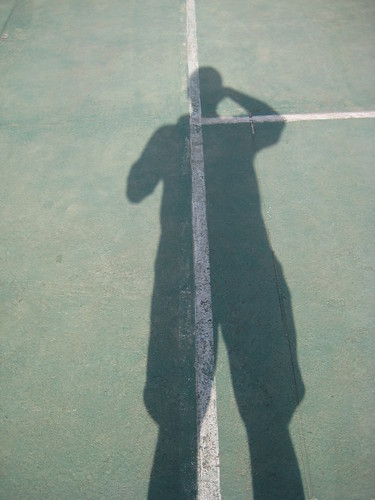I am frustrated and angry. I believe that I am absolutely 100 per cent innocent. The fact is that it is more and more difficult for me, physically, to keep playing at the top of the game. And frankly, accusations such as these don’t exactly provide me with motivation to even make another attempt to do so.
- Martina Hingis
She is also not the first high profile athlete to be suspected of cocaine usage. As this article in the Montreal Gazette explains, Mats Wilander and Karl Novacek tested positive for cocaine usage in 1995. Wilander was a former number 1 while Novacek was a former top 10 player. They both received a 3 month ban and then returned to the game. Now its a 2 years ban for the same offense. Interestingly, cocaine is not a performance enhancing drug. This article explains that cocaine has a harmful physical impact on athletes which include seizures and even sudden death. That and the fact that athletes are public figures and role models makes cocaine and sports a bad combination (or anything else for that matter). However cocaine is not a performance enhancing drug, which makes you wonder if cocaine usage in sport should carry the same punishment as performance enhancing ones.
I feel for Hingis - I really do. But regardless of whether she is guilty or innocent, I think she took the short (though courageous) route out. A two year ban and the lengthy testing and appeals process probably influenced her hasty decision. I would still love to see her on the court :) The WTA also needs to do some thinking about the testing process and doping punishments.

No comments:
Post a Comment